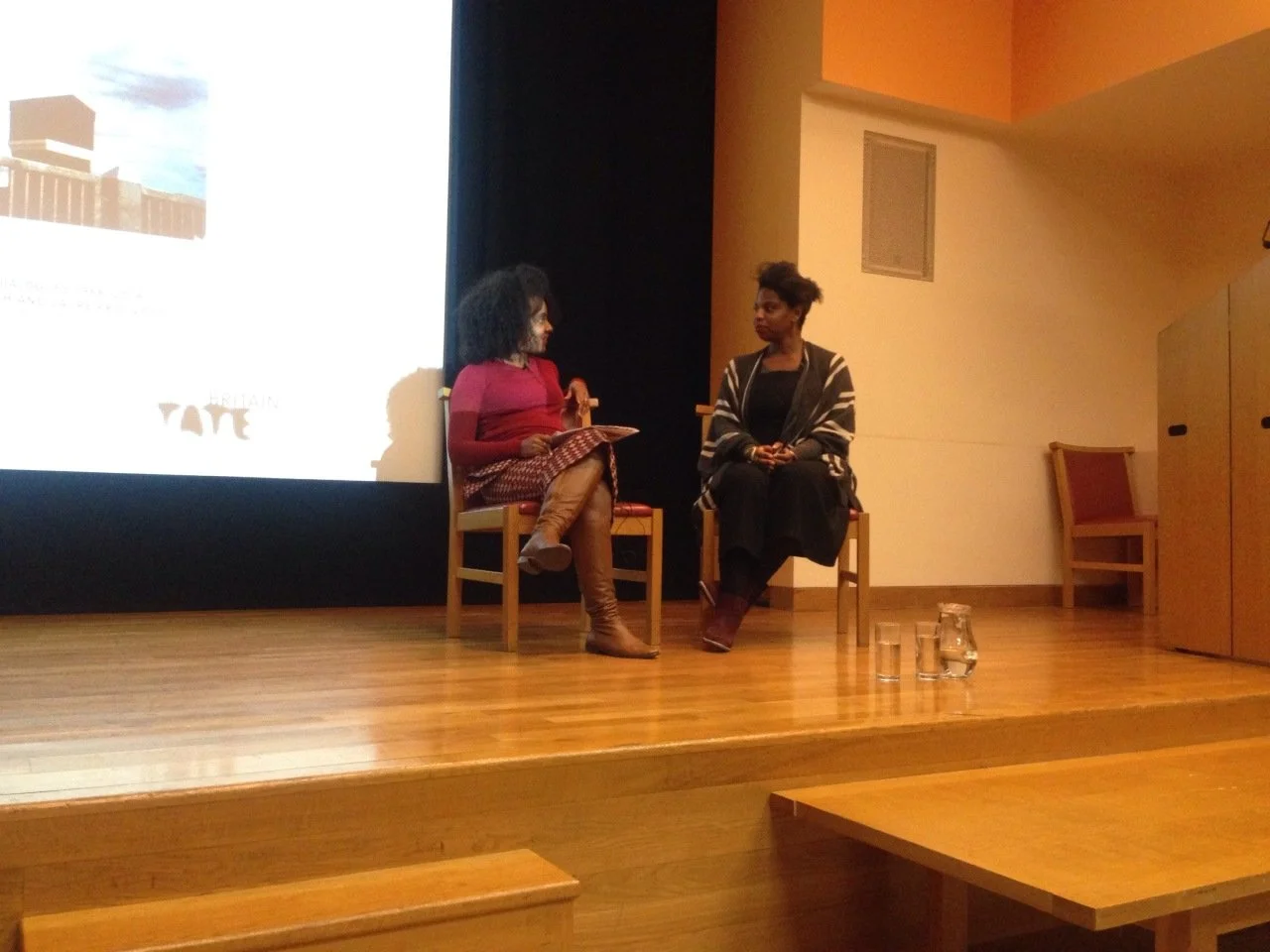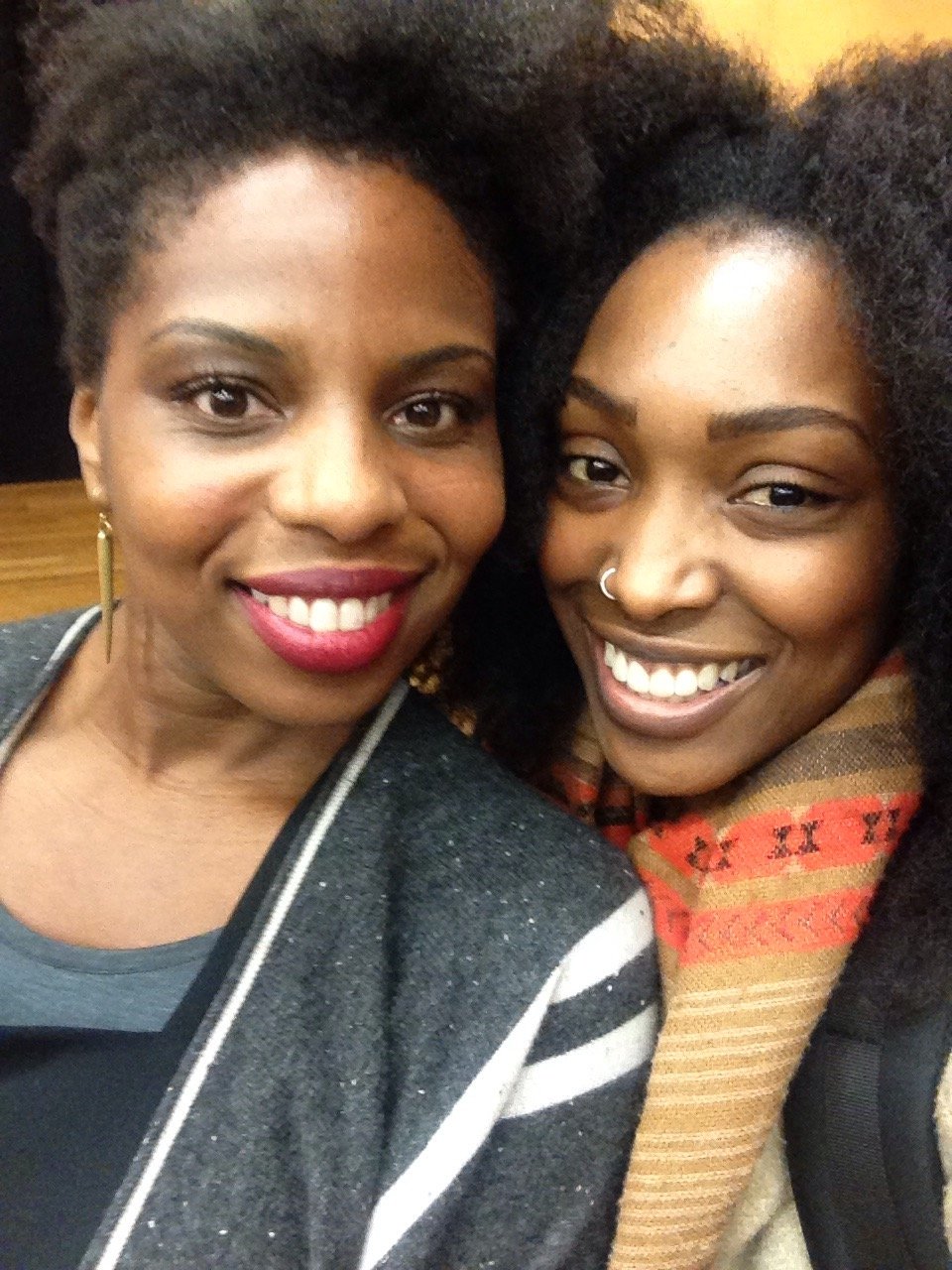Zina Saro-Wiwa: Alt-Nollywood at Tate Britain
Always a big fan of Nollywood, in the past my friends have often looked at me bemused and screamed “Pej! How come you watch so much Nollywood?!”
Not so much these days, but during my years at University, Nollywood was the soundtrack to my life. My days were spent watching Iroko TV (if you don’t know about it, it’s the equivalent of Netflix for Nigerian releases) and the VCD’s (if you know then you know) that my mum would pick up from the Market. The time that Funke Akindele jumped on the scene and really got it popping with Jenifa exposing the ‘reckless’ lives that some of the girls on campus live in order to be known as ‘big girls’ at an age that we were all finally ready to digest the realness, as well as serving as a warning for them to stay safe. Following this, I can’t forget to mention pretty much the whole of last year rushing to get home to catch the 9pm film due to show on either ABN or Vox Africa. Nollywood was my world and more than often I’d rather be at home with a VCD than out partying.
N.B I am typing this with great pride.
“visiting various museums and galleries I often feel that work depicting other cultures is very under represented, or the labels accompanying the work in absence of the artist is likely to change the entire meaning and dynamic of the work”
Well, towards the end of last year it occurred to me that although I work in a Museum and in the culture sector I haven’t been to nearly enough events! Those special one-off evenings where an artist pops into a gallery or a museum to talk through their work. Yeah, in between adjusting to all of my numerous jobs and trying to catch those 9pm films I so very much loved, I only managed to explore the delights of our museum.
So as I trawled through the Tate website my jaw dropped. There it was – Nollywood in bold letters. My heart fluttered a little and without really reading the synopsis of the talk I booked my ticket immediately. On many occasions visiting various museums and galleries, I often feel that work depicting other cultures is very underrepresented, or the labels accompanying the work in absence of the artist is likely to change the entire meaning and dynamic of the work. Naturally, this leads to a watering down of original intent to fit the comfortability of the mass and regular audience. This is something I am tired of and hoping to be a part of changing in the near future. After all, isn’t art supposed to evoke feelings, thought and shock to spark debate?
Curator Zoe Whitely and Zina Saro-Wiwa at Tate Britain
In talks with Zina
The evening started off with a showing of her work Phyllis. A 15-minute long video depicted a Lagosian (what we refer to those living in Lagos as) who is obsessed with Nollywood dramas. Her room is instantly recognisable as a Nigerian home, the pastel-coloured walls plastered with Nollywood film posters and the room decorated with religious embolism. The constant changing of wigs seen by Pyllis serves as an ode to the Nollywood divas we often see changing their hair an obscene amount of times before the plot we so desperately longed to see the end of finished without resolve or sequel with ‘To God be the Glory’. However the piece went further to uncover the concept of mental illness which is something we speak on rarely in our culture in terms of healing through wellbeing.
But I was most captured by The Deliverance of Comfort. Having in the past watched an episode of Channel 4’s Dispatches called ‘Saving Africa’s Witch Children’ it was a stark reminder of cultural differences and how big of a part religion plays in the everyday Nigerian’s life. And at the same time, having read Chinua Achebe’s things fall apart I was angered and annoyed at the extremes of religion and how things that in the past would have an understanding or be celebrated to an extent due to its unknown nature are now demonised through something that is supposed to promote peace & understanding.
For those who missed the C4 documentary a few years back, it is below. Please be warned there is some disturbing material in the video and will not be suitable for younger viewers/readers.
Following this, the series – Table Manners.
I sat in the darkness with my friend Ashley as we looked on. I always like to sit in the front row so I have no distractions. But I wasn’t quite ready for what ensued. People eating. There is nothing really unusual about people eating, it’s something we do for survival, but when confronted by the act on a large screen with the subject somehow looking you dead in the eyes it somewhat makes you feel uncomfortable. And in the face of discomfort, it raised many questions about how we view many things that take place in western society.
Watching Barisuka was a strange experience. And I have to use the word uncomfortable again. As a woman, there is often a lot of focus on how we present ourselves. Women go on dates and are afraid to eat or order certain foods through fear of how their suitors may perceive them as masculine.
The word that popped into my mind as I watched her eat. Because there was an urgency that I’d only ever witnessed in male friends or in my brothers. Yet as the video continued I started to develop an appreciation for how she ate. She displayed ownership and to an extent a strength that however much freedom we in the west have the nonchalant-ness most could only ever dream of displaying without doing it for the vine or some other social media platform devised to give one their 15 minutes of fame.
Overall it was a really insightful evening but more so enjoyable. It was great to talk Nollywood and the alternative nature of it with a room full of people who see the artistry and inspiration that can come from it as opposed to it being a big joke because of its ‘badly written’ storylines and low production qualities. I’m looking forward to further exploring the Creative Arts scene in Nigeria and how it influences more UK based members of the diaspora. In the meantime check out more of Zina’s work on her website here.
Zina Saro-Wiwa and Peju Oshin at Tate Britain



